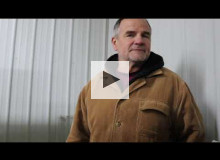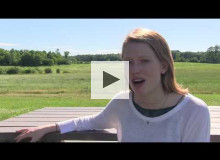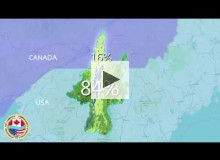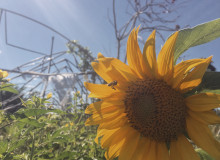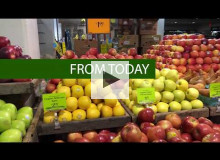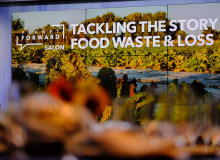Agriculture
Planet Forward Senior Correspondent | American University
Hidden ecological and agricultural treasures lie off the coast of Georgia in Sapelo Island, where a group of African descendants have lived for centuries.
SUNY ESF
Indoor mushroom farms offer a local alternative to meat and imported mushrooms with high greenhouse gas emissions.
Middlebury College
Students at Middlebury College run Middlebury Foods, a nonprofit grocery delivery service working to create a low-cost, sustainable and community-based food system in their county.
Planet Forward FAO Fellow | University of Oklahoma
This meditative video presents the simplicity, power, and possibilities of conservation through the lens of the indigenous people of Mt. Kilimanjaro.
Planet Forward Correspondent | SUNY Plattsburgh
Water management is not always thought of as an international issue, but for unique watersheds like Lake Champlain, flood mitigation has become a concern for all area locals, regardless of borders.
SUNY College of Environmental Science & Forestry
These wanted posters will be used to target specific populations in the affected areas to encourage public participation in invasive species surveying & management.
University of Wisconsin Madison
Industrial agriculture is a huge contributor to greenhouse gas emissions and now, more than ever, people are exploring alternative food cultivation systems such as hydroponics to offset the damage done by industrial agriculture.
Planet Forward Correspondent | SUNY-ESF
Scientific uncertainty hindering local farmers who are trying to turn bombs to beets while fighting for food sovereignty in Vieques, Puerto Rico.
George Washington University
As the rapid growth of population, food insecurity becomes a prioritized issue which can affect everyone on the Earth. The best way to achieve food sustainability is to eat local food. Watch this video to see why and how you should eat locally!
Planet Forward Engagement & Outreach Specialist | George Washington University
Food waste is a growing problem across the globe. While food waste costs us money, time, and energy, it’s also harmful to the planet. So what can we do?


